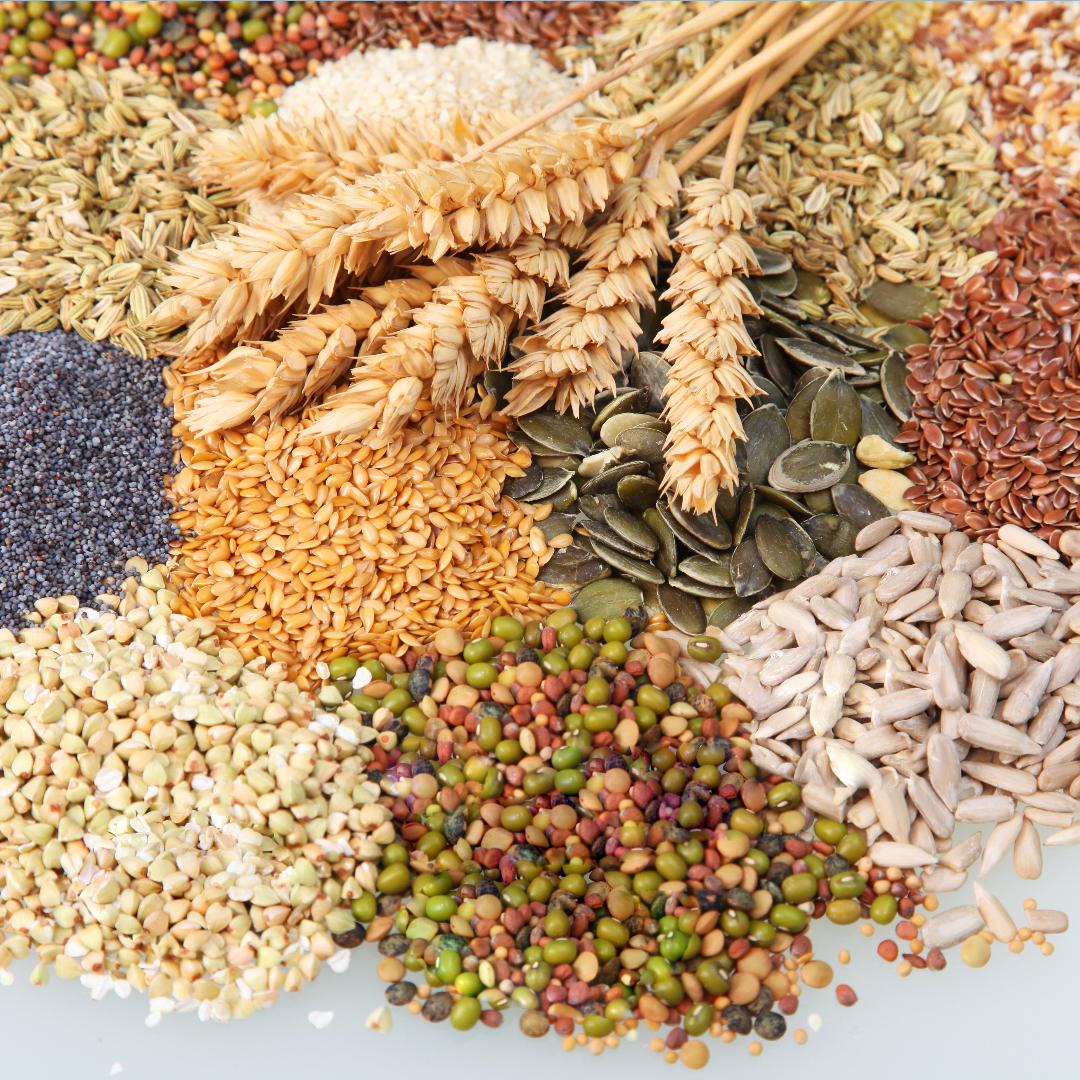 🖨️ Print post
🖨️ Print post
Grains, seeds, nuts, and legumes have anti-nutrients that make them difficult to digest and restrict our absorption of important minerals. Looking to the traditions of the past, we discover the secret for making the most of them in our diet today. In this episode, Sally Fallon Morell, the President of the Weston A. Price Foundation, explains principle #6 of the Wise Traditions diet: the importance of fermenting, soaking, and sprouting grains, seeds, and nuts for optimal nutrition and ease of digestion.
Sally goes into detail about the benefits of traditional preparation methods, and of the risks that result when we do not take care to prepare these foods in this way. Best of all, she gives clear tips for what steps beginners can take to neutralize anti-nutrients. She also gives us an overview of what the proper preparation of nuts, seeds, grains, and legumes looks like, all around the world.
Notes:
Highlights from the conversation include:
- why grains are difficult to digest
- how to break down their preservative “coating”
- nature’s system for neutralizing the preservatives/anti-nutrients in these foods
- how fermentation or preparation is a type of pre-digestion
- how this process also makes the nutrients more available, and removes toxins
- how animals w/ multiple stomachs essentially “ferment” or prepare the grains so that they can be digested
- how human beings are more like dogs or wolves with only one stomach
- how all traditional cultures ferment their grains
- the ill effects Sally experienced when eating grains that were not soaked
- the best grain to begin soaking and how to do it
- why it’s a good idea to eat sourdough bread (and how even some people w/ grain intolerances or celiac disease can sometimes tolerate it)
- the importance of not having certain food groups off limits for children
- grains around the world: quinoa – South America, wheat – North Africa, oats – outer Hebrides, rye – Switzerland, Cherokee bread, tamales, flatbread – Iran, grains – Australian Aborigines
- why nuts need special preparation, too
- how roasting is one way to prepare nuts, but how soaking them in salt water for 6-8 hours and then dehydrating them is better, still
- how nuts are traditionally soaked in a salty medium
- the difference yeast made in the bread-making process
- the prevalence of gluten sensitivity. Gluten is the protein that is in some grains, mainly wheat.
- the enzyme in our guts that is supposed to break down gluten is impaired or lacking
- how wheat has 10 applications of chemicals from seed to storage
- why grains are not a good choice for baby’s first food
Resources:
“Nourishing Traditions” cookbook
“The Narrative of Cabeza de Vaca” by Alvar Nuñex Cabeza de Vaca
WAPF shopping guide
Sally’s blog



Hi,
I really enjoyed this podcast: Neutralizing Anti-Nutrients. Recently I came across some sources of sprouted nuts. I was wondering if you could comment on the difference between the sprouted nuts vs soaked nuts and if the sprouted nuts are an equally healthy option? I live in Canada and am looking for an affordable healthy nut source for my large family that I can then turn into peanut butter. If the nuts are sprouted, does this mean that they are ‘more soaked’ and thus equally nutritious. Thanks kindly.